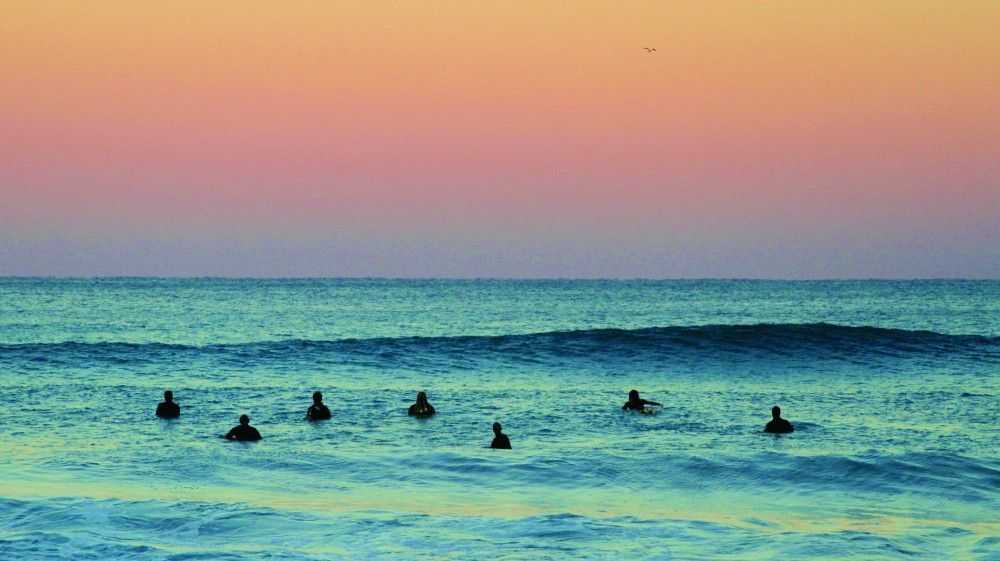Ocean Ownership
By Tom Warnke
We all agree that public access to the world’s oceans is worth protecting. But who owns the oceans anyway? I know one thing… our access is worth fighting for.
Let’s see, depending on which coast you’re taking about, there are 3-mile limits designated as state waters, 12-mile limits designated as federal waters, marine parks, sanctuaries, guarded swimming areas and many other designations saying who is in charge. The Town of Manalapan, Fla. set its corporate limits 3 miles out to sea in 1969, and it is still part of the town charter. But with very few exceptions, the public owns the coastal waters up to mean high water, at least in this country. Ownership means we deserve a voice in what happens out there, and we deserve the right to access the whole experience, not just the water. Ownership also brings the responsibility for all of us to be stewards.
Anglers have peak experiences served up by the sea that cannot be had anywhere else. We have the privilege of seeing all manner of marine animals up close and personal. We find them, chase them down, catch them and release them or have them for dinner. Zoos cannot duplicate going eyeball to eyeball with a blue marlin or suddenly being in a shower of thousands of flying fish. Those are things that make our oceans special, much more than the food it provides or the transport it affords… or even the photos we take.
I believe most of us “ocean owners” have these priceless experiences. And the honor is shared with many groups who experience what a healthy ocean provides. Stand Up Paddleboarding can transform the ocean into an aquarium, diving with whale sharks is humbling, and surfing during a sunset can cause the ocean to surround you in molten gold.
But as owners we are not protecting our access nearly enough. Experts agree that on most fronts our ocean playground is in more trouble than ever.
Public access to our most valuable coastal environments is effectively eliminated when those environments are destroyed, and it continues to happen. Sure, you may be able to return to the same reef, but access to the authentic experience is gone if the reef is dead. Whether the threat is from bad water, poachers, coastal construction or lack of education, watching the damage happen can be as bad as voting for it. So protecting public access has to include identifying and preserving our most special places.
Not everyone can experience the awesomeness our oceans provide. Many oceanfront homeowners only buy the view, never touching the water. But, unless we take drastic action to save special places, access to priceless experiences will be denied.
Tom Warnke is an activist working to preserve our ocean environment as well as the history of surfing in Florida. He serves as a volunteer Working Group Member on the Southeast Florida Coral Reef Initiative’s “Our Florida Reefs” and a Trustee of the Palm Beach County Surfing History project. E-mail Tom at trwarnke@hotmail.com or go to surfhistoryproject.org.
